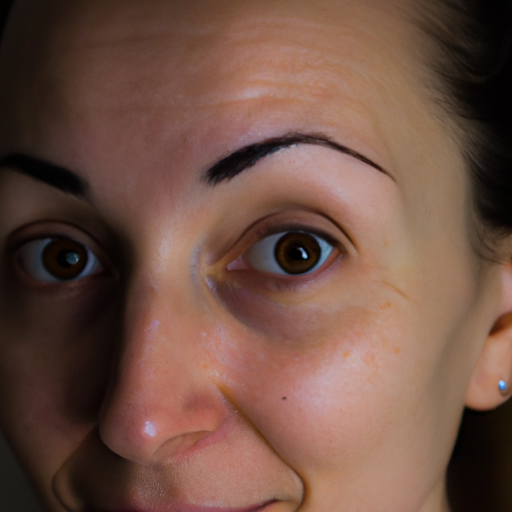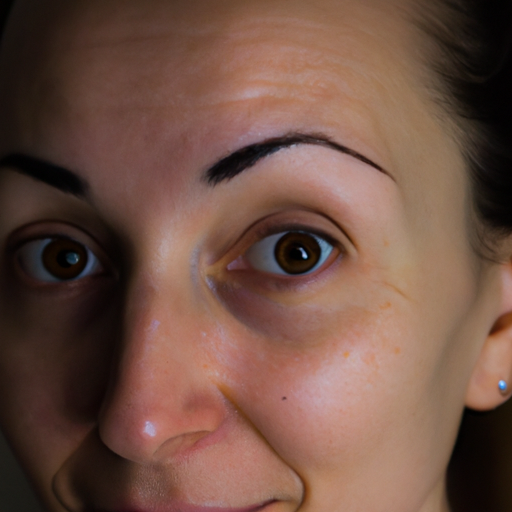As a doctor, I often encounter patients who are tormented by dry, itchy skin. This condition can be caused by a variety of factors, including environmental conditions, aging, underlying health issues, or even the products we use daily. It can be a source of discomfort and frustration, but the good news is that there are several strategies you can employ to soothe your skin and restore its natural moisture. Here are six secrets to help you combat dry, itchy skin.
1. Hydrate from the Inside Out: The first step towards healthy skin is proper hydration. Drinking an adequate amount of water daily helps maintain your skin’s moisture balance and promotes overall health. Incorporating foods rich in omega-3 fatty acids, like fish and flaxseeds, into your diet can also improve your skin’s ability to retain moisture.
2. Choose Skin Care Products Wisely: Not all skin care products are created equal. Some contain harsh chemicals that can strip your skin of its natural oils, leading to dryness and irritation. Opt for products that are free from fragrances and dyes, as these can be irritating to sensitive skin. Look for ingredients like hyaluronic acid and ceramides, which help to hydrate and repair the skin barrier.
3. Moisturize Regularly: Applying a moisturizer immediately after bathing helps to lock in moisture and keep your skin hydrated throughout the day. For best results, choose a thick, creamy moisturizer that contains ingredients like glycerin, lanolin, or petrolatum. These ingredients create a protective barrier on the skin that helps to prevent moisture loss.
4. Limit Shower Time and Temperature: Long, hot showers might feel relaxing, but they can strip your skin of its natural oils, leading to dryness and itching. Limit your showers to 10 minutes and use lukewarm water instead of hot. When washing, use a gentle, soap-free cleanser to avoid further drying out your skin.
5. Use a Humidifier: Dry air can exacerbate skin dryness and itching, especially during the winter months when indoor heating systems are in use. Using a humidifier can help to add moisture back into the air and prevent your skin from drying out.
6. Avoid Scratching: While it may provide temporary relief, scratching can damage your skin and lead to further irritation and even infection. Instead, try applying a cold compress to the itchy area or using over-the-counter anti-itch creams that contain pramoxine or hydrocortisone.
Remember, everyone’s skin is unique, and what works for one person may not work for another. If you’ve tried these strategies and are still struggling with dry, itchy skin, it may be time to consult a dermatologist. They can help identify any underlying issues that may be contributing to your skin problems and provide personalized treatment options.
In conclusion, while dry, itchy skin can be a nuisance, it’s not something you have to live with. By incorporating these six strategies into your daily routine, you can help soothe your skin and restore its natural moisture, leading to healthier, more comfortable skin.




